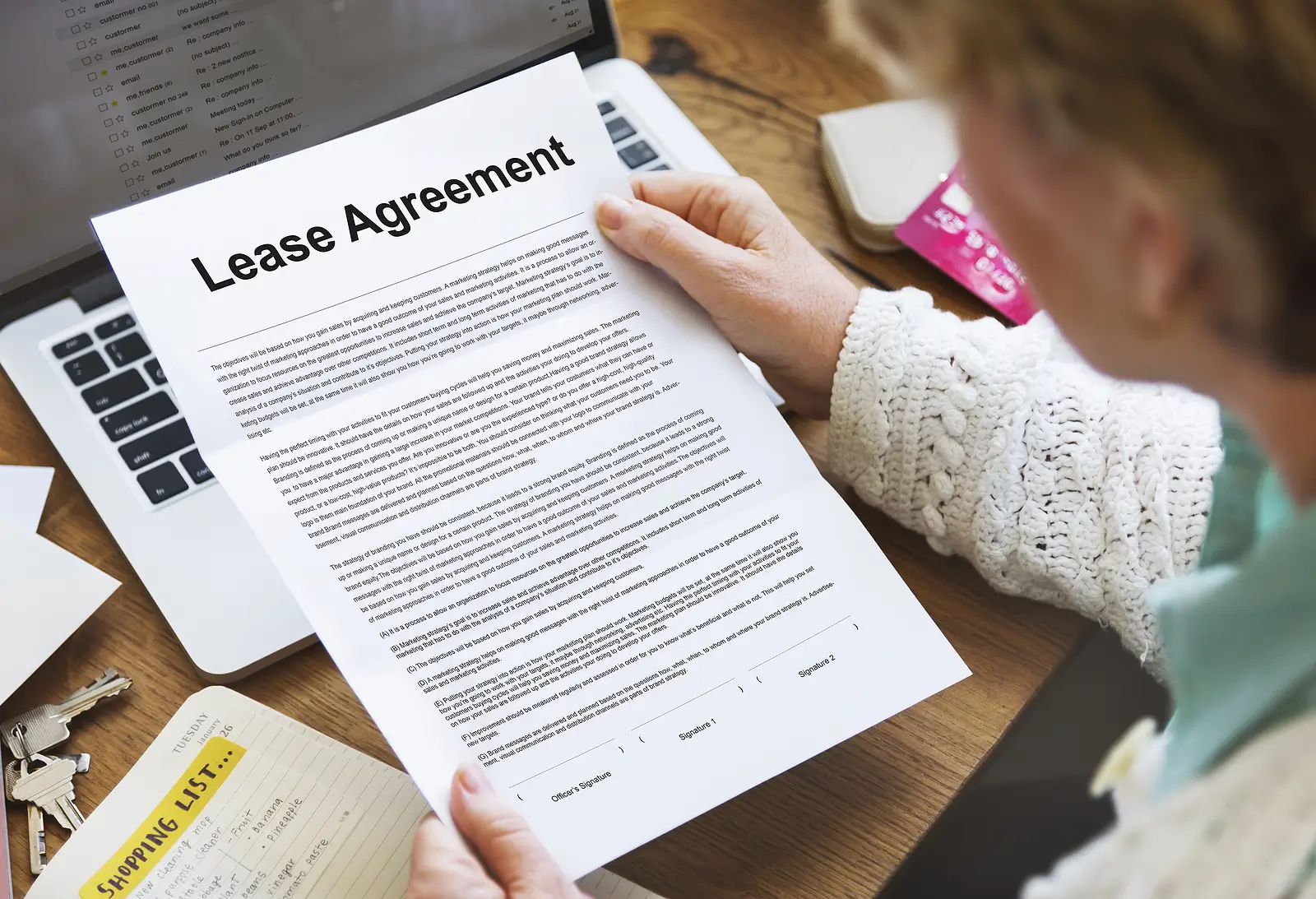When life throws a curveball, lease agreements can become difficult to keep. Whether you're a tenant facing a job relocation or a landlord trying to manage unexpected vacancies, lease breaks and early terminations in Texas rentals are a reality.
Understanding how they work, your rights, and how to approach them legally and professionally is key to reducing stress and avoiding financial setbacks.
Know the Lease Laws in Texas
Texas rental laws are generally clear; unless your lease allows for early termination, you’re generally responsible for the full term. However, that doesn’t mean there aren’t options. A lease break doesn’t always lead to penalties or conflict; it all depends on how both parties handle it.
Landlords are not legally obligated to re-rent the unit quickly, but many choose to in order to reduce vacancy loss. Tenants, on the other hand, need to be aware of their legal responsibilities and act in good faith to avoid long-term issues.
What Tenants Should Do Before Breaking a Lease
Review the lease agreement carefully
Look for terms related to early termination, break clauses, or subleasing. Some leases allow early exits for a set fee or with a specific notice period. Knowing your contract terms provides clarity on the next steps to take.
Communicate with your landlord as early as possible
Giving early notice isn’t just polite—it may open the door to a smoother exit. A landlord who’s informed early can start marketing the property sooner, which may help you avoid hefty penalties.
Offer solutions
Being proactive goes a long way. Offer to help find a replacement tenant, pay a lease break fee, or stay until a new renter is found. Landlords often appreciate cooperation and may be more flexible as a result.
What Landlords and Investors Should Consider
Create solid lease terms upfront
Having a clear early termination clause in your lease can prevent misunderstandings. Specify break fees and notice requirements. Consider allowing subletting with approval, as it provides flexibility without compromising property quality.
Re-list the property promptly
While Texas doesn’t require landlords to minimize losses by re-renting quickly, it’s in your best interest to do so. A well-maintained unit and a competitive price can significantly shorten vacancy periods.
Maintain Professionalism
Maintain documentation of all communications and adhere to a consistent process when handling lease terminations. This protects you legally and enhances your reputation as a reliable property manager or investor.
The Benefits and Challenges on Both Sides
Lease breaks can be mutually beneficial when handled correctly. Tenants gain needed flexibility, and landlords might re-list at a higher rent. However, the risks include lost income for landlords and financial penalties for tenants.
By working together and communicating openly, both parties can reduce stress and reach fair resolutions. Transparency, flexibility, and preparation go a long way in making early lease terminations manageable.
How We Help Simplify Lease Transitions
At First Class Realty & Management, we assist landlords and tenants with navigating lease breaks professionally. From drafting well-structured leases to managing early move-outs smoothly, we help protect investments while offering fair solutions. Whether you're an investor, property owner, or tenant, our goal is to keep the process clear and respectful for everyone involved.
To learn more, visit our Services page or contact us through our Contact Us page. Let’s help you make confident rental decisions in any situation.
Frequently Asked Questions
Q1: Can a tenant break a lease in Texas without penalty?
A: Only under certain conditions, such as a military transfer or if the lease includes an early termination clause. Otherwise, tenants may be liable for the remaining rent or fees.
Q2: What notice is required to break a lease in Texas?
A: Most leases require a 30- to 60-day notice. Check your lease for specific terms. Giving early written notice is always a smart move.
Q3: Can landlords charge a lease break fee in Texas?
A: Yes, if the lease includes it. Many landlords charge one or two months' rent as a standard lease break fee.
Q4: Is subletting allowed in Texas rentals?
A: Subletting is not automatically allowed—it depends on the lease terms. Many landlords permit it with written approval.
Q5: What happens if a tenant leaves without notice?
A: The landlord can pursue unpaid rent, keep the security deposit, and potentially take legal action. Tenants should always provide notice to avoid legal or credit issues.
Lease breaks are never ideal, but they don’t have to be painful. Whether you’re managing rentals or leasing one yourself, knowing your options and rights helps everyone move forward with confidence.
For tailored guidance and support, explore our full range of services at First Class Realty & Management.

